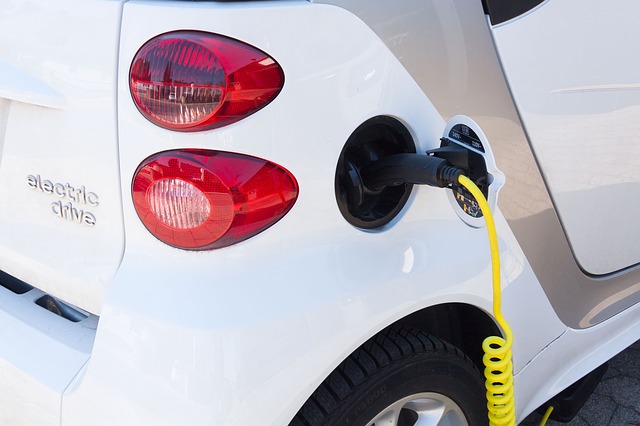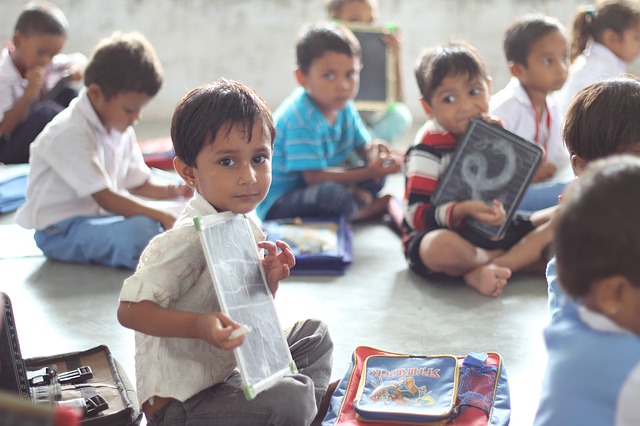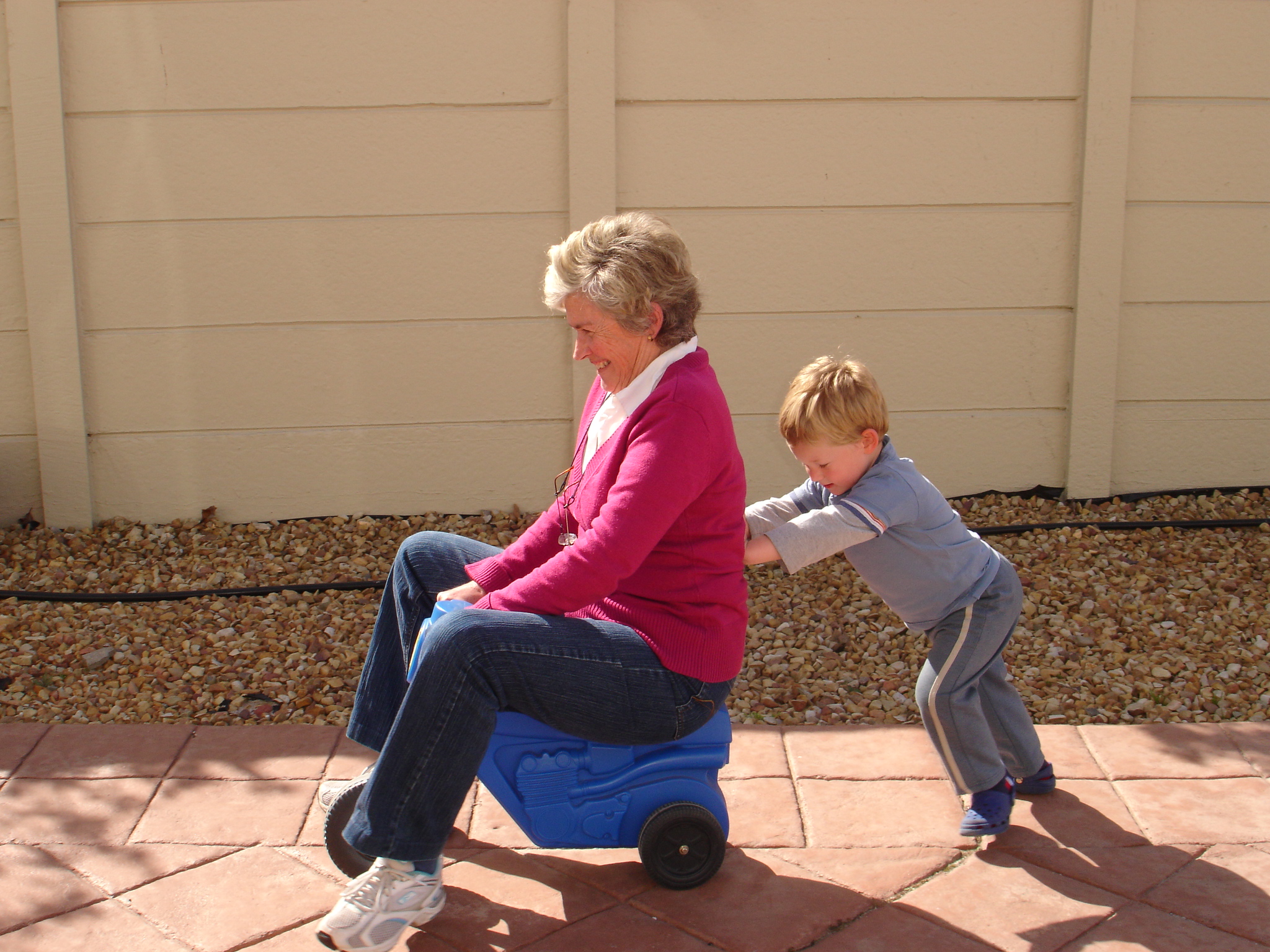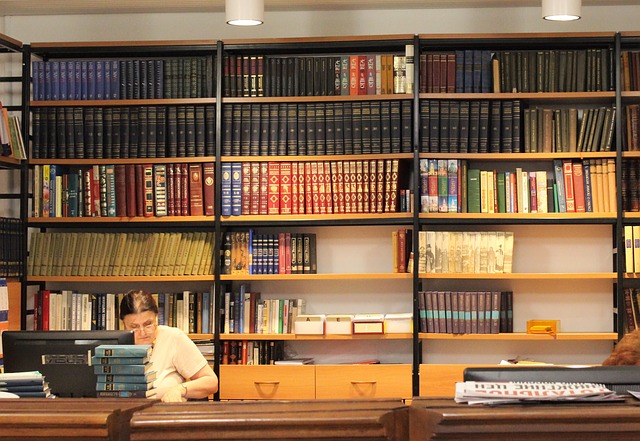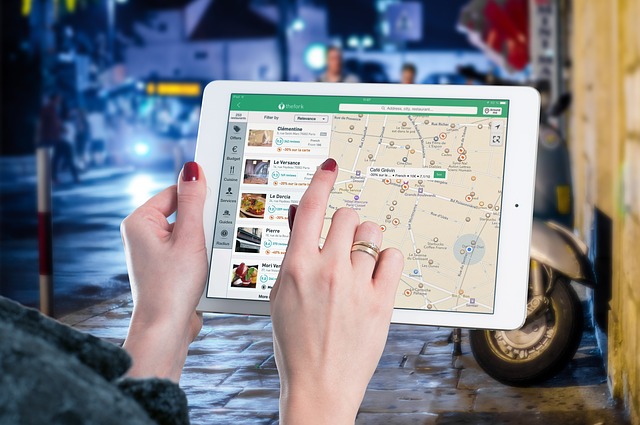Social Franchising (Part 3)
Successful Pioneers
As we have seen in the previous two parts of this copy, social franchising can considerably contribute to reducing poverty by providing employment to vast amounts people and spreading socioeconomic awareness. Thus, if you want to make a huge positive impact upon the society, opening a social enterprise would be a good idea and starting a social franchise or becoming a franchisee of an already existing one might be even better and more importantly, much easier to implement. The following paragraphs will give you an opportunity to meet some of our favourite companies which have already embarked on the journey. If you find one you really like, you could perhaps ask them for feedback on your big idea to change the world, or you might even find one which you can strongly relate to and contact them about a franchise opportunity with them or perhaps even for volunteering and helping their cause in that way. We are certain that any social enterprise would be excited to get a helping hand, as that would enable them to help even more people, which is the main goal majority of them have. The information on opportunities and examples of social franchises we will provide, will differ on case by case basis, as the amount of information we could access on each one of them differs significantly. Despite that, we hope you will find the information you are looking for or at least interesting.
First of all, we would like to mention The Trussell Trust, which is a company with the aim of eliminating hunger from the United Kingdom (UK). As we all know, UK is one of the most affluent countries in the world, however, data shows that nearly thirteen million hungry people live there and the number is increasing each day due to several reasons, spanning from unexpected expenses which need to be urgently handled to delays of receiving benefits. If the data for UK is so striking, you can only imagine, how high the numbers are in less affluent countries, especially in the developing ones. The Trussell Trusts’ network of 400 food bank franchisees, has decided to tackle this big issue by providing people in need with a minimum of three-day emergency food support packages. In this way, their support has reached over 1.000.000 house British households in 2015 and the beginning of 2016. If you decide to become their franchisee, they will provide you with full training and operating manual, ongoing support, a content management system template for your future franchisee website, branding artwork, national and regional conferences, etc. Your initial contribution to become their franchisee will sum up to 1500 pounds the first year and 360 each consecutive, which doesn’t seem overly high for a noble cause they are after. If you wish to help them with eliminating hunger in UK, visit their webpage and get in contact with them, but even more importantly, if you wish to spread their amazing cause abroad, you should probably get in contact with them as well, as we are certain they would be delighted in helping you on your journey with their valuable experience. You can find more information on The Trussell Trust on their webpage https://www.trusselltrust.org/ .
The second company we want to introduce is “Care And Share Associates” abbreviated to CASA, which is another company operating in the UK. Their three core values are “people before profit”, “actions speak louder than words” and “commitment to local communities”. What the company actually does is overseeing a large group of adult social care providers, by empowering them through giving them an opportunity of owning their own company and enabling them to bring high quality care and support to people who really need it. The things CASA will help you with when building your social franchise are writing a business plan, registration at the “Care Quality Commission”, “Criminal Record Bureau” checks, securing the funding to start the company, marketing and contracting, and much more. Just as importantly, they offer you an inclusion in their franchise network, which is famous for the mutual support of the members, as well as cross-fertilization of members’ knowledge on improving the world. If you want to know more about CASA and how to help the elderly in your community, we encourage you to contact them, but first visit their website, where you’ll be able to learn more about the company and its cause. You can reach them on the following webpage http://www.casaltd.com/ .
The third social franchise whose cause in a way relates to the one of “The Trussell Trust” and again operates in the UK is the “FoodCycle” company, which exists since 2008, meaning they have been helping people for quite some time. If you read the second part of our article, you know that this track record is quite important, especially if you are interested in becoming their franchisee. What “FoodCycle” does is help people who are at risk of hunger and social exclusion, by organising weekly communal meals, which enable those people to socialize and fill up their tummies in a warm appealing environment. For the past few years, they have been especially focused on developing and refining their franchise model in order to make it even better and help even more people help other people. They do this through several initiatives among which is support in securing the funding for your franchise. It is also worth to note that “FoodCycle” is the largest franchise group of that type in UK, meaning they probably possess vast amounts of knowledge and could give you a lot of information on working with them, success of their previous franchisees as well as information about requirements to open some other type of social franchise by yourself. You can find more information about “FoodCycle” franchise on http://foodcycle.org.uk/ .
As you can see, it would be too lengthy to go further and present more remarkable companies within a single article. Because of that we are going to refer you to a few more social franchises by listing the links to their websites. You can find “Child and Family Wellness Clinics” on http://www.cfwshops.org/ , PSI which is a global organisation devoted to improving health of people in the developing world at http://www.psi.org/ and the franchise format called “Basic Needs, Basic Rights”, which is devoted to improving international mental health, can be found on http://www.basicneeds.org/ . If you wish to explore other social franchising opportunities around the world, we suggest that you visit the “European Social Franchising Network’s” member directory through http://www.socialfranchising.coop/members-directory . Either way, we sincerely hope you are going to find a social franchise you like and perhaps start changing the world for the better by cooperating with or supporting at least one of them.
We encourage you to share this article among your social network and perhaps some of your friends will jump on the train of changing the world for the better as well. We wish you all a beautiful and cheerful day.






















